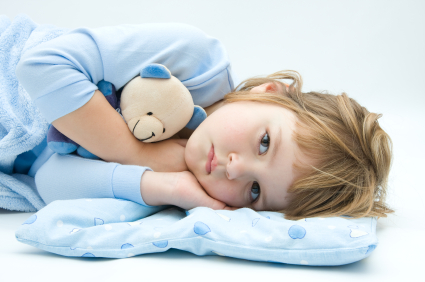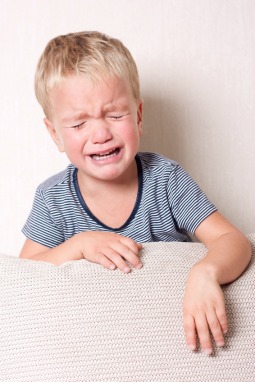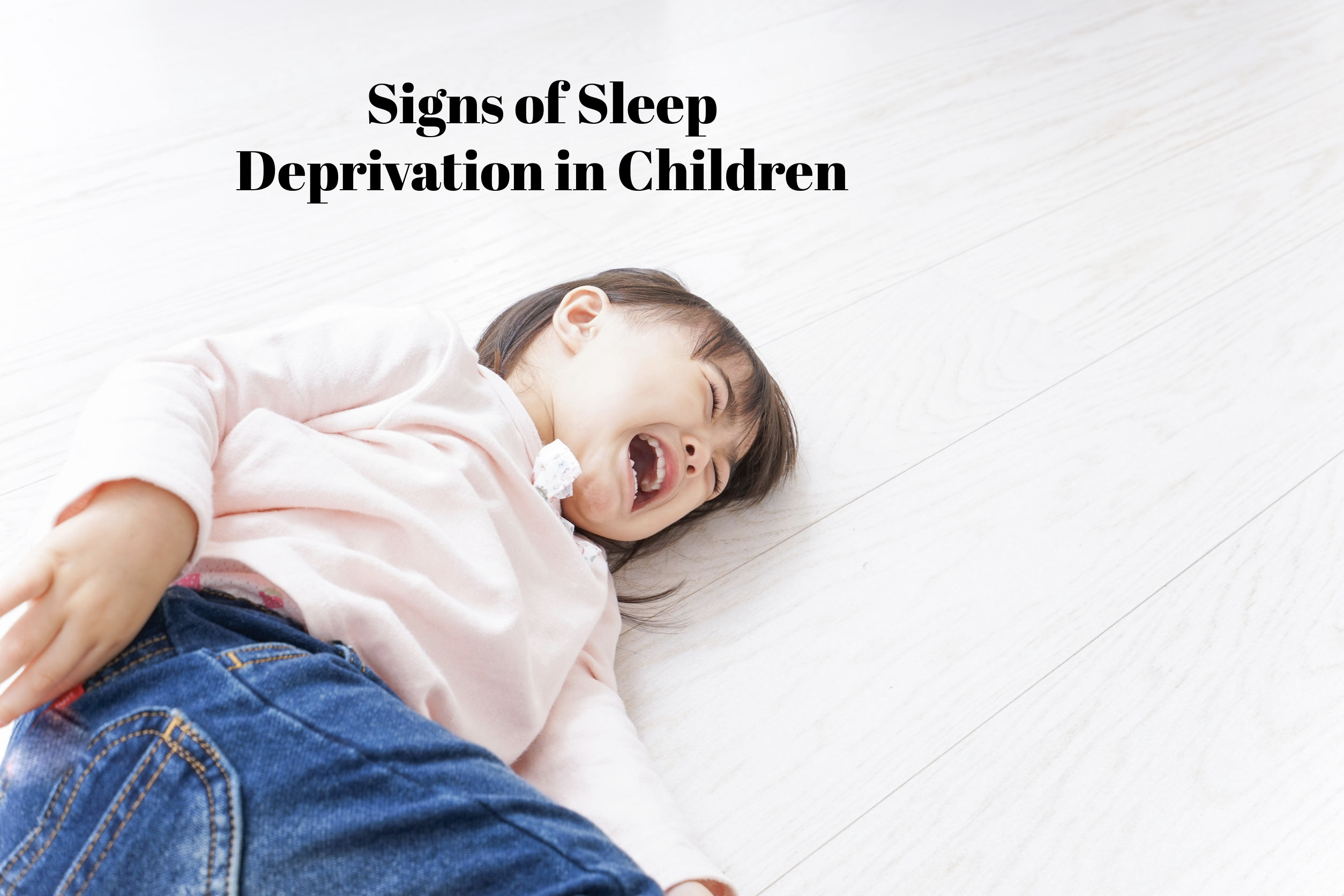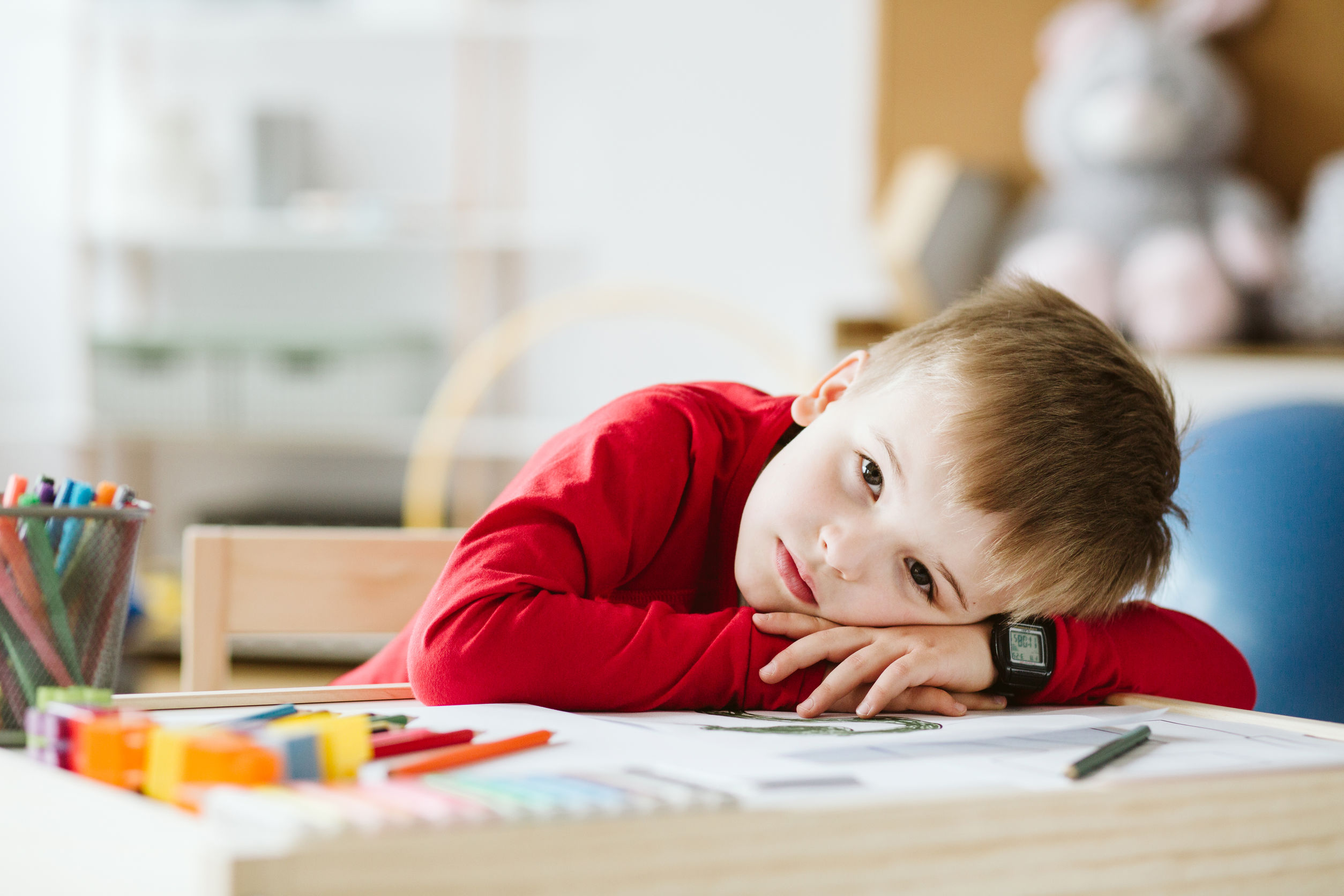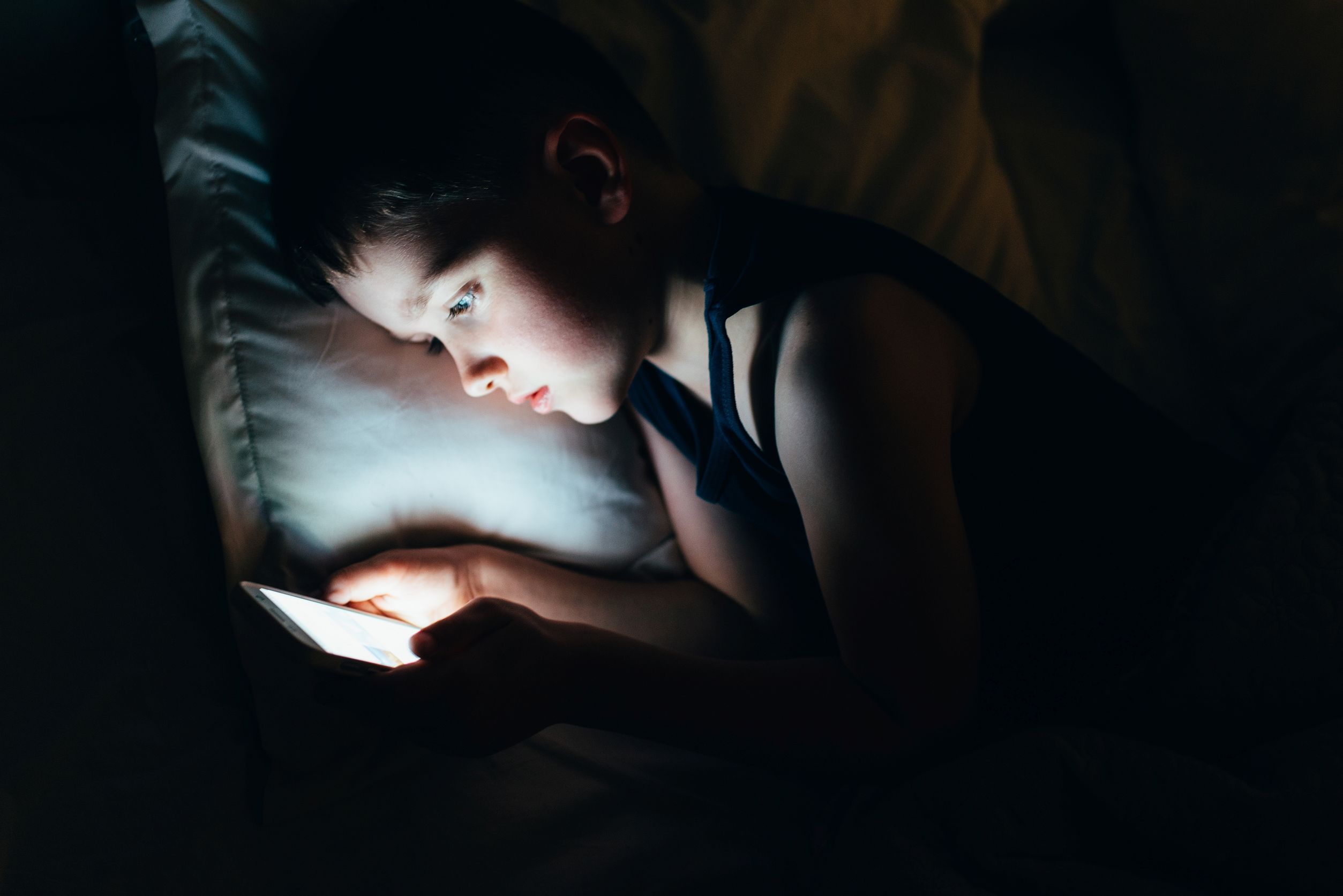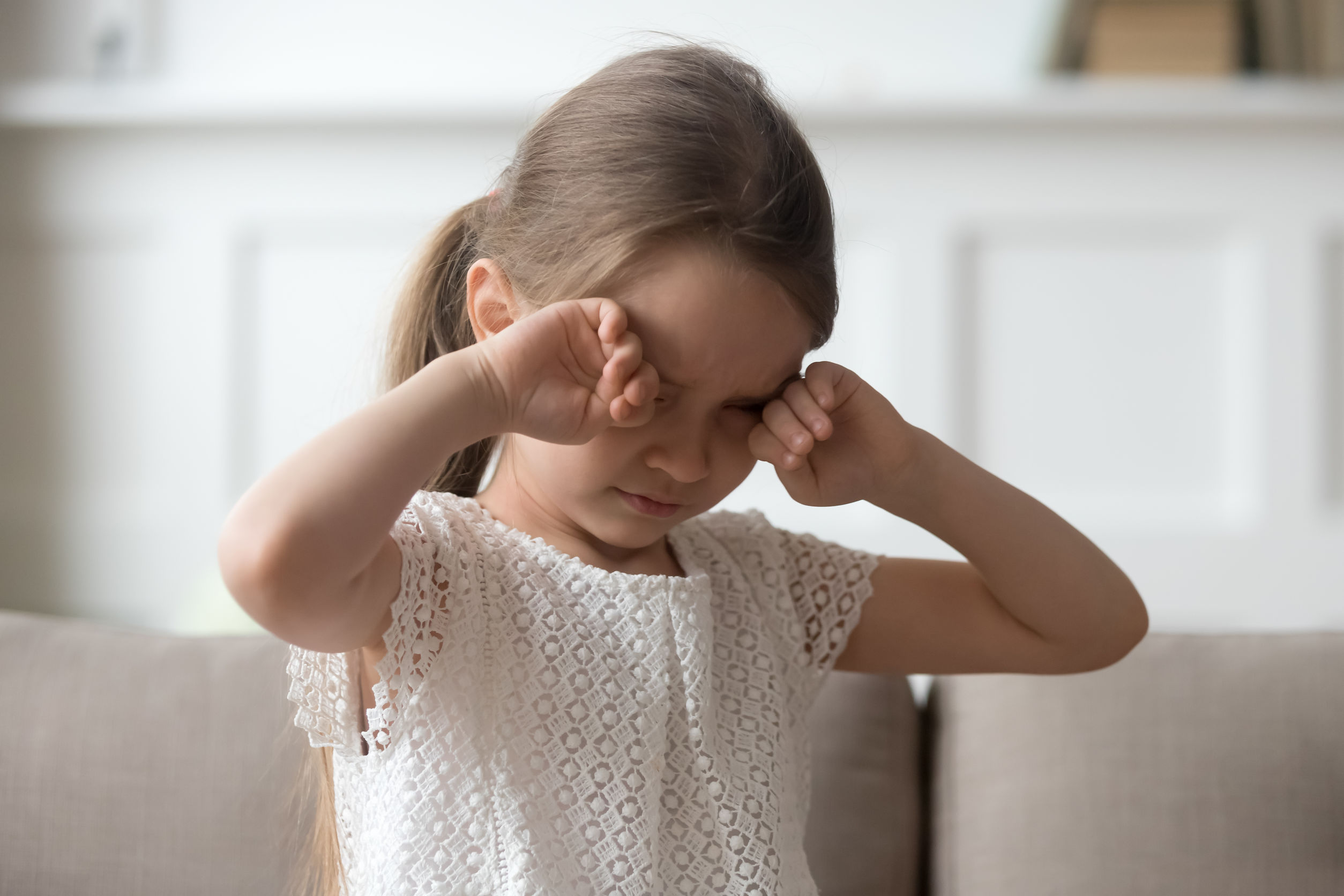Signs of Sleep Deprivation in Children
Signs of sleep deprivation in children can be physical, emotional, and behavioral. Make it a priority to ensure that your child is getting the necessary number of hours of sleep to be healthy and happy.
Is Your Child Getting Enough Sleep?
Children who are
three to five typically need around 10-12 hours asleep with an afternoon
nap. Early school age and elementary aged kids often need around 10-11
hours a sleep a day.
Depending on the child, some may still need a short nap after school.
Sleep Deprivation Symptoms in Children
You may think your children are getting the amount of sleep that is needed. But if the bedroom door is closed, you may not be sure of when they are falling asleep or how quickly they are falling asleep. Be aware of and look for these signs of sleep deprivation in your child:
Unable to cope with little disappointments and over-react with outbursts
Increased temper tantrums
Irritable, Moody and easily frustrated
Get angry easily
Cry easily
Trouble learning new concepts or doing homework
Spontaneously fall asleep at school, on the bus or watching TV
Complain of being tired and/or tired upon waking in the morning
Lack of concentration
Drop in School Performance with a change in grades and test scores
Many of these changes in behavior can be the result of other issues going on with the child, but a simple place to start is to ensure your child is getting adequate and restorative sleep.
Although these symptoms may be due to other causes, the main factor to consider is a shift in the child's behavior. Children will have tempter tantrums but again if they increase or if the child seems to get upset more quickly, these are red flags.
All children like adults may have off days. The challenge in recognizing sleep deprivation in a child is their inability to effectively communicate how they are feeling. Children may not be able to judge their own sleepiness.
A child's body is growing and developing and going through lots of changes, which makes sufficient sleep as important as a healthy diet. Children may not be able to express their need for rest and their sleepiness can result in behavioral issues, lack of concentration, and relational problems. It is up to you as the parent to recognize sleep deprivation symptoms.
Signs of Sleep Deprivation in the Classroom
A sleep deprived child sitting in the classroom is at a disadvantage as they will struggle with:
- Consolidating Information
- Concentrating
- Performance
- Memorizing
- Behavioral Problems
- Irritability and Mood Swings
- Accident and Injury Prone
If you recognize any of these signs of sleep deprivation in your child, consider starting a sleep journal. This is not as time consuming as it sounds.
For a week or two record the time the child goes down to bed and what time he/she awakes. Note how long it takes them to fall asleep, if they get up throughout the night, or any other notable behaviors. Are they snoring, breathing heavy, tossing and turning?
Remember to be realistic. This is not a journal for the time you want them to go to sleep or a rough estimate, but a precise and accurate report. Recorded observations can go a long way in understanding your child's condition.
Reviewing the journal may reveal your child's issues or you may observe a lack of consistency in bedtimes. If the problem becomes serious, you will be prepared when you discuss the situation with a doctor or professional.
As the parent or caregiver it is important to establish an age appropriate bedtime and sleep routine for your child. Some children require more sleep than others and will need an earlier bedtime. Rarely do children require less sleep than is considered healthy for their age group.
Causes of Sleep Deprivation in Children
Many of the causes of sleep deprivation in children can be easily corrected. Now if they are used to having a TV, video games, computer or other electronic device in their bedrooms, expect a strong reaction when you remove them.
Have a discussion about how sufficient sleep benefits their mood, their learning and their health. Let your children know that getting enough sleep has become a priority for your family.
Common Causes of Insufficient Sleep are:
Overly stimulating bedroom (lights, TV, computer and games)
Staying up too late
Frequent disturbances and waking up during the night
Lack of routine sleep schedule
Diets high in sugar and caffeine
Sleep Deprivation Consequences
Signs of sleep deprivation can be ones that you see right away - such as irritability and tiredness or if it is habitual it can contribute to some serious health conditions such as:
Increased stress and anxiety
Compromised immune system
Weight gain
Diabetes
ADHD, hyperactivity and/or defiant behavior
Hindered physical development
The health and wellness of a child is closely related to his quality of sleep. This fact is no surprise to most parents. Sleep is essential for every child for healthy development and for well adjusted behavior.
Prevent Sleep Deprivation in Children
Are you wanting to prevent sleep deprivation or turn things around so that your child is getting adequate sleep? Here are some suggestions:
Do not have TV, computers, video games or any electronics in the bedroom
Set an age appropriate bedtime and have your child go to bed at the same time every evening
Allow time for a bedtime routine and winding down with low lights, baths and reading
Provide a dark bedroom with closed blinds and doors to prevent any light from coming in
Limit stimulating actives such as watching TV, using cell phones, or playing computer games close to bedtime
Offer a healthy bedtime snack with no sugar
Offer a small drink of water before bed but no caffeine drinks in the evening or during the day
Reduce the amount of sugar and processed foods in their diet
Although a nightlight is comforting for children, try to avoid these as
they suppress melatonin production which helps to provide quality sleep.
If that is not an option, simply remember
to turn the light off after the child has fallen asleep. Also pay attention
to what else may be glowing and giving off light in the room such as toys
or a bright clock. Some children are more sensitive to light at night and even small lights may hinder the body's ability to
get quality deep sleep.
If you are practicing good sleep hygiene with your child, helping them wind down before bed, and getting them to bed at a scheduled time but are still noticing the signs of sleep deprivation, contact the child's primary care physician.
Go from Signs of Sleep Deprivation to Sleep Problems in Children
Go from Signs of Sleep Deprivation to Sleep Aid Resource Home

Get practical advice on how to fall asleep, stay asleep and to get deep sleep. It's free so sign up here:

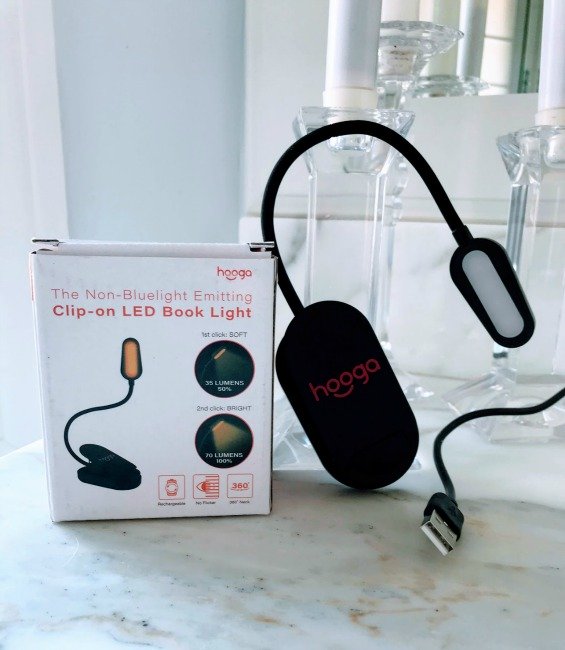


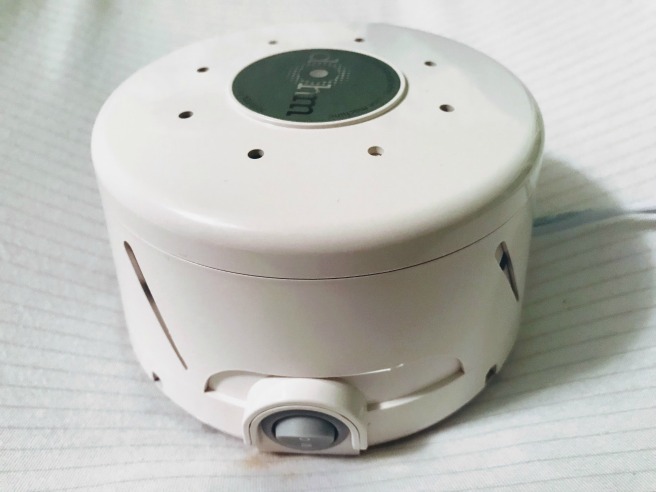

Ancient Minerals Goodnight Magnesium Lotion
Please note that while I do receive commissions from some of the things promoted on this site, I recommend them because I feel they would be of benefit to you.
Advertisers/Affiliates have been hand-picked so that only quality products are recommended. I have used them in my own life and share them with you because that's what friends do.
